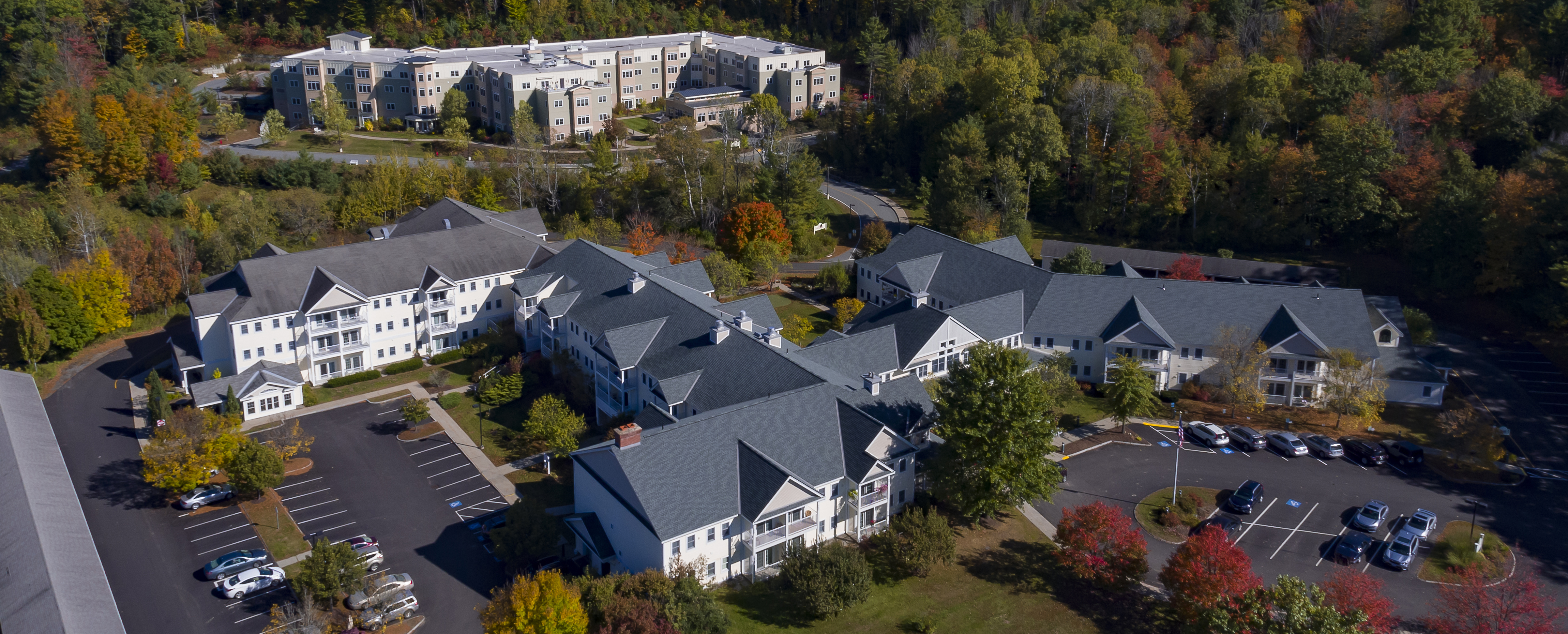Q: ARE 603 DRONES, LLC PILOTS LICENSED TO FLY DRONES?
A: Yes! 603 Drones, LLC pilots hold certification under the FAA’s Part 107 regulatory framework. Additionally, we hold a number of waivers and authorizations from the FAA that the majority of drone operators in our state do not. We strive to be 100% legal and “above board” at all times!
Q: IS 603 DRONES, LLC INSURED?
A: Yes! We carry a standing $3MM liability policy that is expandable to $10MM if needed.
Q: DON’T YOU NEED MY PERMISSION TO FLY OVER MY PROPERTY?
A: Legally, no. The FAA retains sole dominion over the National Airspace (regardless of opinion pieces you may have read on the internet). States, local jurisdictions, and private property owners can limit where a drone launches and lands, but they cannot – in any way – limit where a drone can actually fly once it is launched. HOWEVER, again, we take privacy very seriously and we do make every effort to limit these behaviors unless it is necessary for the completion of our operation.
Q: ARE YOU VIOLATING MY PRIVACY WITH YOUR DRONES?
A: No! We operate under a strict corporate Privacy Policy which you can find HERE. Our equipment does not capture any part of your property not already easily seen by satellite imagery or photos taken from a small airplane.
Q: WHY ARE YOU FLYING NEAR MY PROPERTY?
A: We contract our services to a variety of clients in different industries. These industries may include real estate, construction, engineering, surveying, and utility infrastructure inspections. If you see us flying near your property, please refer to the “privacy” question above and understand that we are focused on performing our work and not on violating your privacy.
Q: YOUR DRONE IS BOTHERING ME – CAN I SHOOT IT DOWN?
A: NO! The FAA defines small Unmanned Aerial Vehicles (drones) as “aircraft” under 49 U.S. Code § 40102. And, under 18 U.S. Code § 32, severe federal penalties do apply to interfering with the operations of ANY aircraft in the National Airspace and, yes, you can be arrested and charged accordingly should you choose to do so. Additionally, firing a projectile into the air without any guarantee of actually hitting the target is extremely dangerous and could jeopardize the safety of others on the ground. If you have concerns, please just talk to us – we promise we’ll answer all your questions!
Q: HOW HIGH CAN YOU FLY THAT THING? HOW FAR AWAY CAN IT GO?
A: Although the technical answer to these questions would be “several thousand feet”, the FAA restricts the operating altitude of drones to certain elevations dependent upon the airspace and other factors. The FAA also requires that the aircraft be within “visual line of sight” at ALL times during an operation unless the operation is being performed under a special waiver known casually as a “BVLOS (beyond visual line of sight) waiver”.


